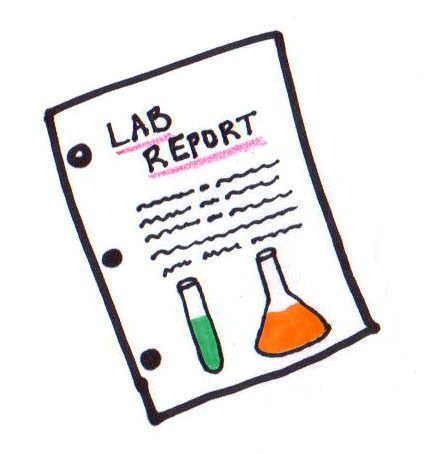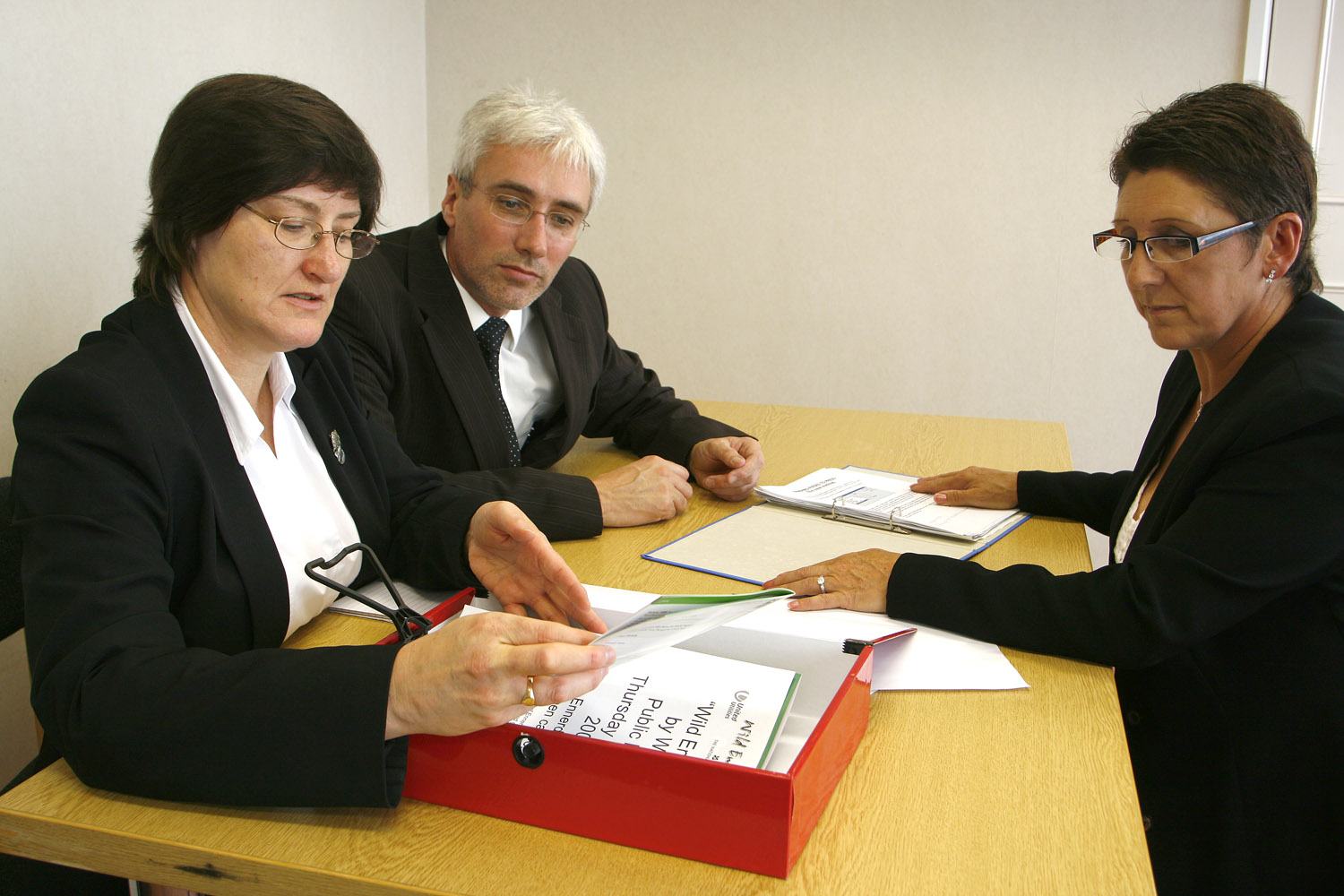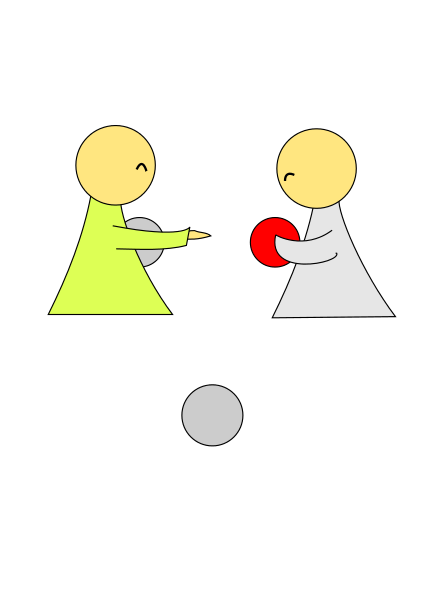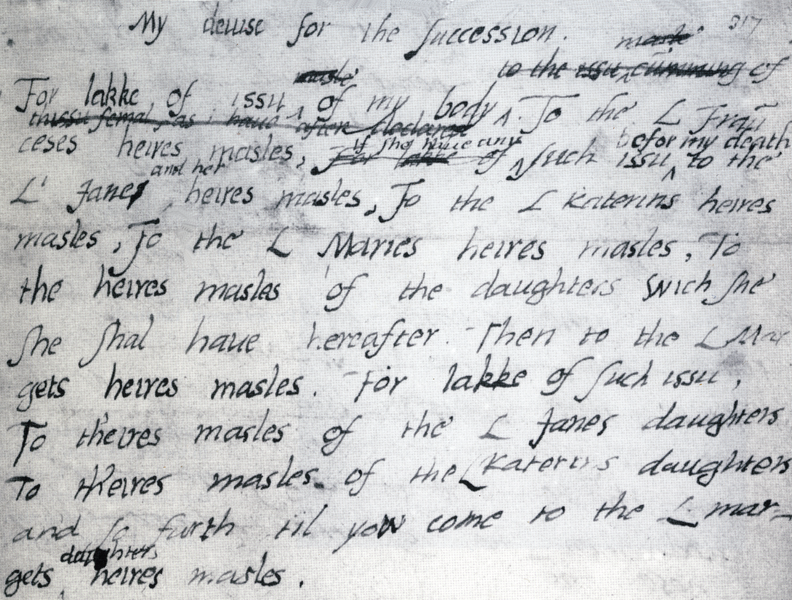In this post I will be providing you with key sources that I used in researching my controversy. I will also provide a brief analysis of each source.
 |
| Edwards, Tom. "Source Engine Logo" Uploaded 8/8/2009 via English Wikipedia. Public Domain |
The first source that I found and have used was an article posted on the
BBC news page. BBC is the British Broadcasting Company, a well-known television source in Europe and America. It is based in the UK, so it was closer to the event and also more involved, as Europe is the country that is most involved in soccer. The article does not specify an author, which impacts its credibility. The article was posted on December 21st, 2015, which is after the last of the arrests occurred. This is important because it is at the end of the year, and the article is a summary of the events that happened throughout the year. This changes the way it was written to give the event a certain finality though the scandal may not be over. The article was very informative, providing a great base summary of the events and how they effected the world. This article is a summary, so it does not contain any new information. For this reason, its effect on any of the major financial stakeholders is limited. However, in a controversy this large, a stakeholder would be the fans of the sport, and this article provides them information on the subject, which could affect them positively.
A source I have relied on greatly in this project is an article written by Josh Halliday in
The Guardian. The Guardian is another news source based in the UK, so its location has the same effect the BBC's. It was written on the 27th of May 2015, so it was written after the initial arrests but before the final arrests. This means that it would not be completely accurate as of this current date. The Guardian is a widely read source, so its credibility is good. Halliday is an online blogger turned journalist and has many commendations on his work. He has many postings on the Guardian, which increases his credibility. Like the BBC source, this is a summation of events, so aside from informing the general public of the events that transpired, it has little effect on the stakeholders.
Another source I used was a video I found on the edition portion of the
CNN website. This video was accompanied by an article that transcribed the contents of the video as well as providing links and quotes. CNN is an American news source, and this could be seen by the content used. The article focused on how Americas involvement was the reason that the arrests happened, along with a base summary of the events. This article was written on the 28th of May 2015, so at almost the same time as
The Guardian article. This is not surprising because that is the time that the scandal became public. The authors are Greg Botelho and Elliot C. McLaughlin, both Newsdesk Editors for CNN.
This
Wired.com article was also of use to me. Posted on the 27th of May 2015, it provides an interesting narrative that outlines the base concepts of the scandal. It does this by providing relatable comparisons between the events and other events and entities. This site and author are less focused on the soccer side of the controversy and more on the social side. Wired.com is a magazine-turned-blog, which talks about current events as they happen. It is not necessarily the most reliable source, but the author of the article has many publishings on the website, which adds to his credibility. K.M McFarland has been writing articles for wired.com for about a year, but unfortunately, does not include any personal information in his biography so his credibility can not be assured.
This
Duke.edu article provided me with the opposite perspective. This article was written concerning only the soccer aspect of the controversy. This article was valuable only because it provides a relatively unbiased opinion on the story. It is quite obviously a student-run blog, as it lacks the requirements of a professional blog. For example, it does not supply me with the date it was published nor any information about the author, Christina Malliris. Despite these glaring issues, it is an interesting read and provides a fresh eye from a fellow student into the issue. Overall, this is not a very credible source, yet it is useful to me because it provides a good perspective.
This
ESPNFC video is the interview of a Major League Soccer (MLS) official named Don Garber. He basically says that the entire sport is fed up with the scandals and the controversies and that they, like the stakeholders, want change in the association. This interview was conducted by the ESPN Staff, which is a fairly ambiguous title. However, when dealing with a source like an interview, it is hard to argue credibility as you are witnessing it yourself. It was published on December 21st, 2015, so after the entirety of the arrests had happened. This information is finally a full representation of the fans and players opinions of this controversy.
I liked this
mirror.co.uk article because it provides an in-depth timeline of the entire controversy. This is a great resource to use when trying to understand what happened and when. It was published on 10/9/2015, but it continues to update the timeline as the scandal evolves. The author, James Whaling, is an online sports journalist who posts to this site several times a day, which is a good inclination that he is credible.
This
New York Times article was useful because it provided a timeline of President Sepp Blatter's presidency (I like timelines). This was important in helping me conceptualize and follow the many controversies that he has been involved in. This information also helped me understand why there was a problem in the first place. Like the other timeline, this one continues to update as this last major scandal comes to its close. This is posted in the New York Times, which is a credible source of news. It does not include the author's name, which damages its credibility.
This
CNBC article is an article about the future. With the emergence of this scandal, the future world cup being in Qatar is under question. A lot of the controversy that led to the investigations that eventually led to the arrests of these officials stemmed from FIFA's decision to host the 2022 world cup in Qatar, despite all of the reasons that that would be a bad idea. This article discusses the likelihood that the World Cup may move. I like this source because it outlines the long term effects this scandal has on the sport itself, not just the people involved. This article was posted on
the 27th of May, 2015, right after the scandal erupted. The author is Leslie Shaffer, who is a senior writer at CNBC. This source seems very credible based on that fact.
This article on the
Washington Post was of use to me because of the video it had on it (which has recently become unavailable for unknown reasons). The video was basically just a summary of events, but it was well explained and therefore quite useful to me when I was trying to get a grasp of what had happened. It was posted on May 27th, 2015, which is right after the initial event.The authors are Michael E. Miller and Fred Barbash, who are a journalist-editor duo who have collaborated on a number of stories for the Washinton Post.






















